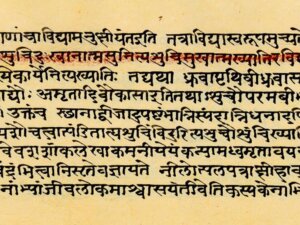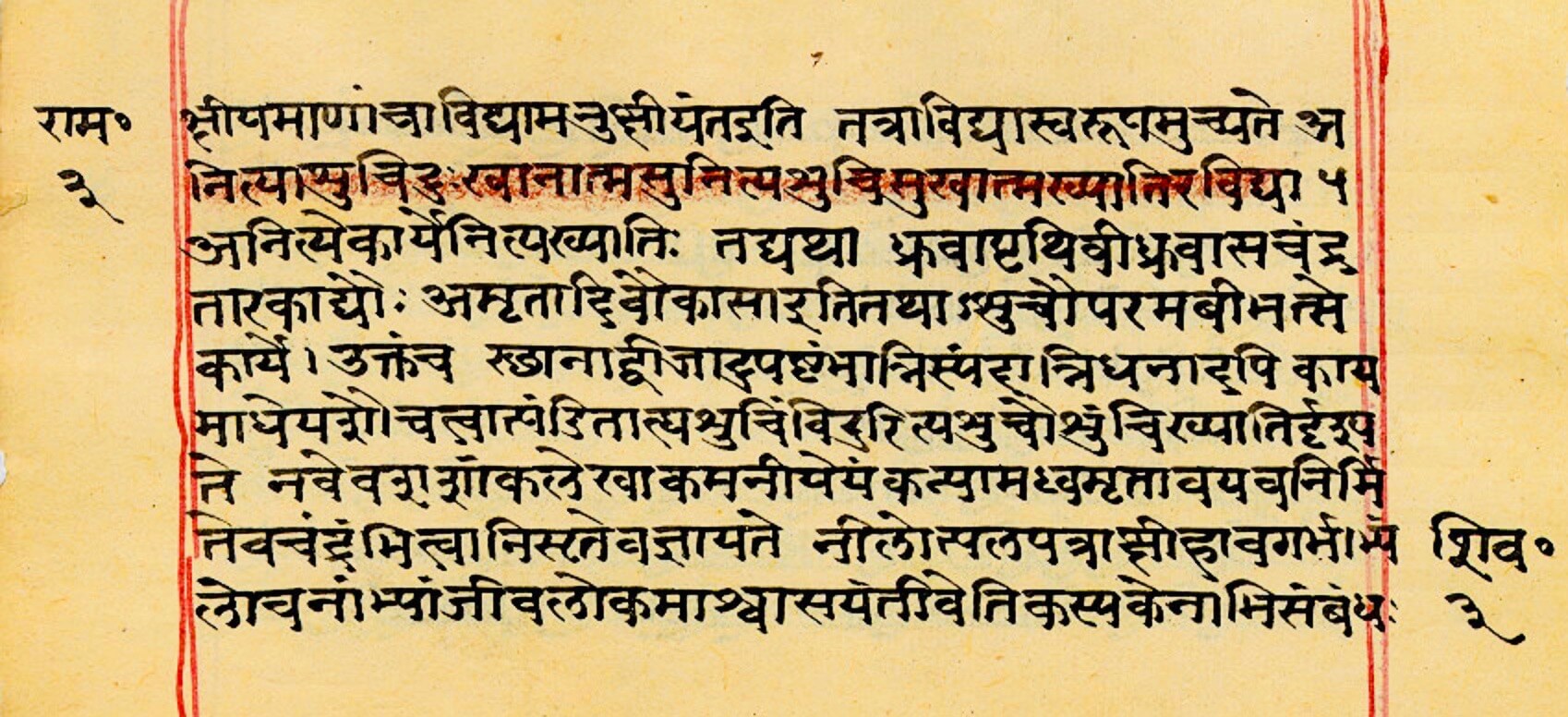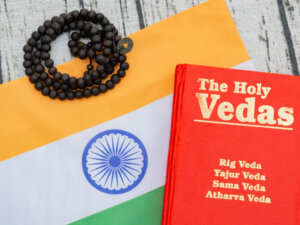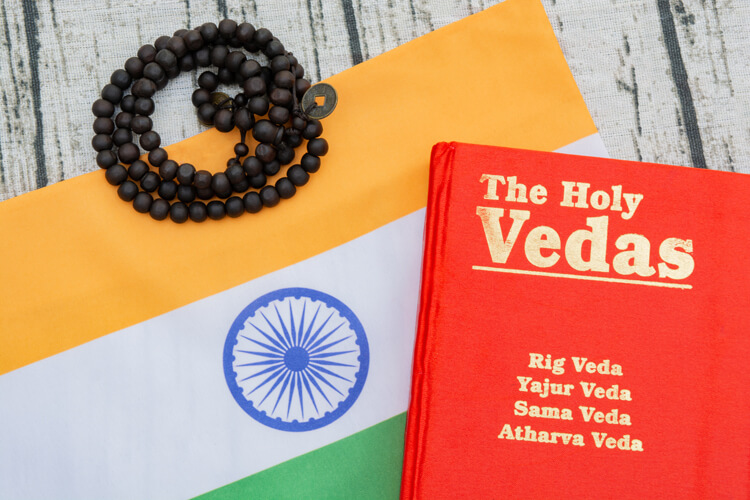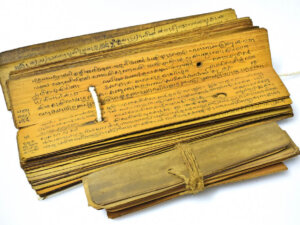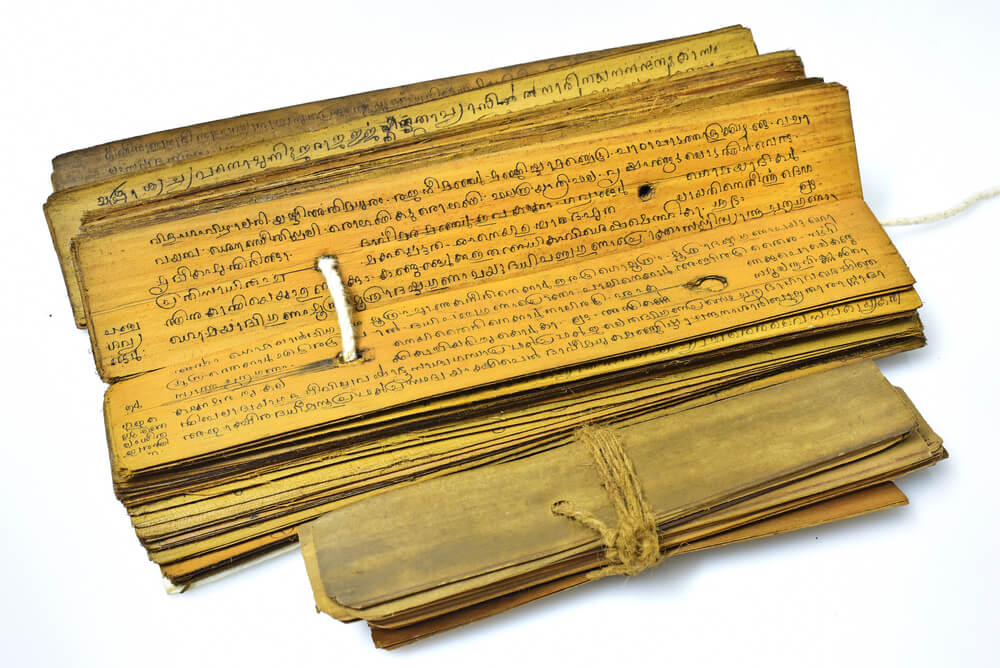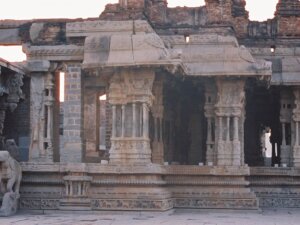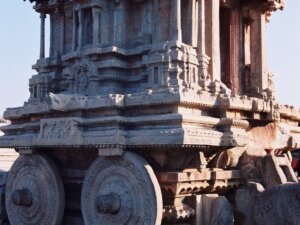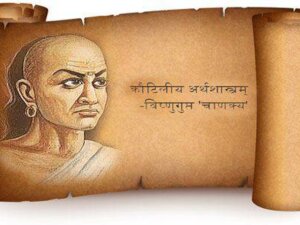Description
The Mahabharata II: Dicing and Exile
Course Description:
This is Part 2 of a four-semester course on the entire Mahābhārata. The course focuses on an overview of the text and evaluates approaches to interpreting it. It traces the conflict narrative beginning with the meteoric rise in the fortunes of the Pāṇḍavas and their catastrophic loss in the dicing game. In the 12 year exile period, the Pāṇḍavas undergo a rigorous education, embark on sacred pilgrimages, and obtain divine weapons.
The central justification for the war – the greed of the Kauravas and their adharma—is contrasted with the “forest teachings” by Vyāsa, Mārkaṇḍeya, and others. These teachings form an integral part of classical Hinduism and the textual tradition of itihāsapurāṇa.
Course Content:
In this course, we will read the second, third, fourth and fifth books of the epic: the Sabhāparvan,Vanaparvan, Virāṭaparvan, and Udyogaparvan. We will study both traditional approaches which focus on dharma and moksa as well as modern approaches which focus on historical aspects of the text; and investigate whether we can envision an appropriately contemporary approach. We will also read a selection of pertinent secondary literature on the Mahābhārata.
The course provides an overview of the origins of Indian philosophy, its development into various schools, and main philosophical themes contained in the most basic texts. In addition, the course will teach basic analytic and critical skills, especially how to read texts carefully paying attention to literary form, structure, context, and nuance. Students will learn how to interpret texts rigorously, to research secondary sources, and to reconstruct an argument in their own language.
Course Learning Objectives:
As a result of taking this course, students will be able to:
- Critically engage with the text from a variety of interdisciplinary approaches such as theology, philosophy, literary theory, etc.
- Analyze various interpretations of the text, both Western and traditional, and negotiate interpretations that clarify the relationship of the text to classical and contemporary Hinduism.
- Reconcile texts, traditions, and practices.
- Organize textual passages to synthesize creative interpretations that defend classical Hinduism, while adapting these interpretations to contemporary concerns and critical issue
Class Structure
- The class will meet for three hours each week. Attendance is mandatory. If you miss more than one session, your grade will suffer. If you miss two sessions, you will have to retake the course for a grade.
- An online session is exactly like a classroom session, so proper etiquette is expected. Please make sure you secure a quiet place with access to the online session. Please switch off your phones. Do not eat during the class (drinking water, tea, or coffee is permitted). Make sure you have access to a camera: if you switch off your camera, you will be marked absent. We will take a 10-minute break halfway through each session.
- Please keep up with the required reading. This will facilitate participation in discussions. It will also help you get the most out of the course.
- Each student is required to present a portion of the text in class for discussion. Within two weeks, this presentation should be turned into a paper and submitted. The paper should be minimum 12 pages in length and should be written according to academic standards. If you require assistance in learning how to write a paper, please contact the Academic Writing Center at Hindu University of America.
- The following textbook is required. Please purchase it. I recommend a physical copy so you can mark it up for future use: Van Buitenen, J. A. B., trans. Mahābhārata, vols. 2 and 3 Chicago: University of Chicago Press, 1975 and 1978.
Areas of Study: Text and Traditions
Program of Study: Master of Arts in Hindu Studies (MA), Professional Doctorate in Hindu Studies (DHS), Doctor of Philosophy in Hindu Studies (PhD)
All four Mahābhārata courses are housed in the DHS program, but MA students may register for them with the instructor’s permission.
Required/ Elective: Elective
Prerequisites:
- Admission into a qualifying Program of Study YES
- Any prerequisite courses. NONE
- Any prerequisite knowledge or skills (i.e., Sanskrit, reading research) All students are required to have read Sukthankar’s On the Meaning of the Mahābhārata before the first class.
Instructor: Dr. Vishwa Adluri
Day: Every Saturday and Sunday
Time: 10:00 am EST -01:00 pm EST
Start Date: June 10, 2023
End Date: July 30, 2023
Semester: Summer 2023










